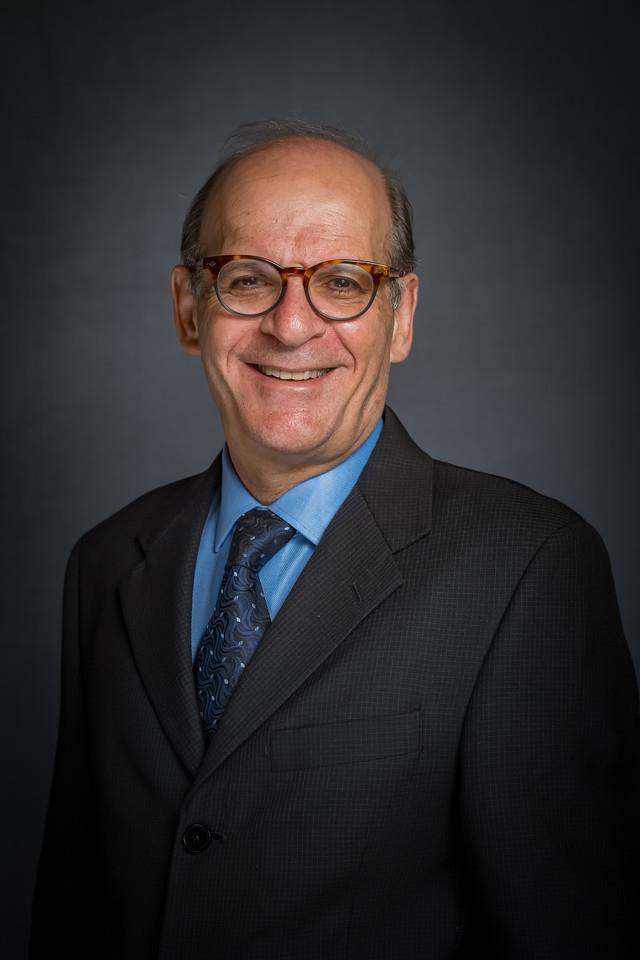
2022–2023 SOT President
Michael Aschner
The loss of the in-person portion of the SOT annual meetings in 2020 and 2021 was disheartening to all of us. The ability to gather again at the 2022 meeting in San Diego has re-emphasized how important our face-to-face professional connections are. The past two years have also forced the Society to adapt and innovate in trial by fire, collectively discovering that there are aspects of virtual scientific exchange that are incredibly valuable—especially when they serve to improve access to those who would otherwise be excluded.
As we look in the rearview mirror past the last two years, and as we work together through this continuously difficult time, we must come to grips with the new world. We will have to continue to invest in making our virtual offerings engaging, relevant, and accessible, while at the same time investing in novel and necessary resources to ensure that our in-person meetings highlight the critical contributions our members make to science and human health—while continuously pursuing our long-term vision and mission.
With feedback from our members, we will strive to gather new ideas on how to improve going forward, while recognizing that when it comes to designing engaging and interactive virtual content, there will always be room for improvement.
The pandemic also has brought upon us added expenses and loss of revenue. While I assure you that SOT is in excellent financial shape, we must be mindful that these issues can be a potential threat down the road. While at this point the boat is steady, it will be important for us to engage in discussions on how to maintain our financial solvency for the immediate and more distant future.
Toxicology was in transition 50 years ago, as much as it is in transition today. Techniques available to us five decades ago, while ridiculed today, were as exciting as novel contemporary methods. I, for one, 36 years ago, was excited to count dead cells of a cerebellar slide of mice treated with methylmercury. Today, this would be done in a fraction of the time with an automated hemocytometer-based live/dead cell counting, using phase contrast and color brightfield imaging. As the understanding of the structure and functional complexities of the human body is further addressed, it is incumbent that we continue to incorporate new developments into our disciplines and develop our own distinct scientific signatures to effectively translate toxicology discoveries into health and policy contexts. Fifty years ago, we may have existed and thrived largely in our own silos with a classical model of investigator-driven research. As technological advances have improved and the ability to accumulate large databases has exponentially increased, our field must become more technologically driven to allow for information management and translation of these databases for the benefit of human health.1
Implicit to our field is the need to train new doctoral students who can serve as content experts in myriad jobs. We must continue to adapt novel technologies, increase collaborations within and across disciplines, and position ourselves as players for future missions, such as the NIH initiative ARPA-H, “focus[ing] on multiple time-limited projects with different approaches to achieve a quantifiable goal.”
The need for toxicologists will only increase with time, not only within the context of advanced economies and new products, but also given global issues that we must urgently address, such as climate change (admittedly, they are interdigitated). As noted in one example from a recent article, “Rising average temperatures and ocean levels, altered precipitation patterns and increased occurrence of extreme weather events affect not only the global landscape and ecosystem, but also human health. Multiple environmental factors influence the onset and severity of human diseases and changing climate may have a great impact on these factors. Climate shifts disrupt the quantity and quality of water, increase environmental pollution, change the distribution of pathogens and severely impact food production—all of which are important regarding public health” (Ruszkiewicz et al., 2019).
SOT was founded in 1961. Ever since, toxicology has cast big scientific shadow, and there is no sign that the sun is about to set.
Thank you for entrusting me in leading SOT this year.
1Aschner, Michael. 2022. “Neurotoxicology: It Cast a Big Shadow over the Last 30 Years and There Is No Sign That the Sun Is about to Set.” Neurotoxicology 88 (January): 102–105.
#President'sMessage
#Communique:SOTNews